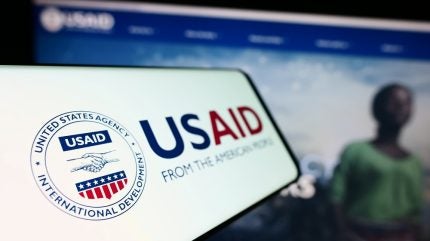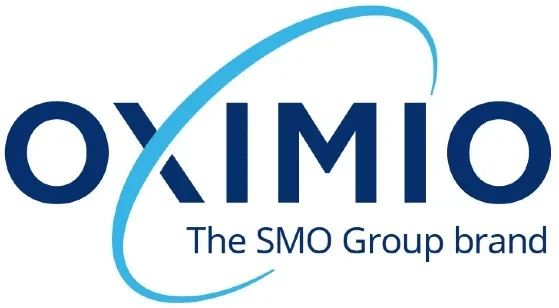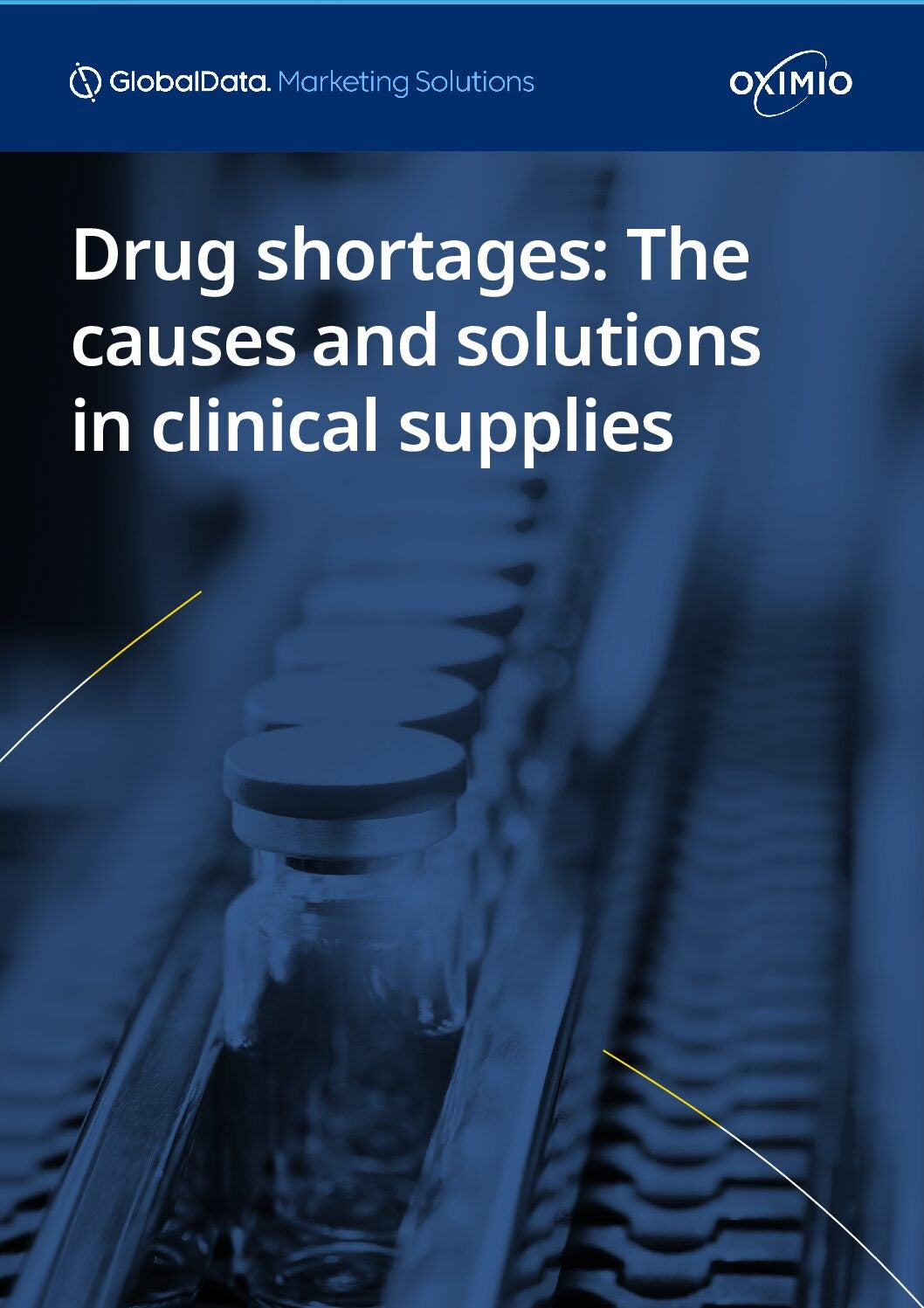
The clinical supply chain in Africa is striving to manage the impact of the US decision to withdraw from the World Health Organization (WHO) and significantly reduce USAID.
The US administration has indicated it will formally exit the WHO in January 2026. Given the annual US WHO contributions amounted to a reported $1bn in recent years, the nation’s withdrawal will put a sizeable dent in the organisation’s budget.
Further challenging news for the clinical supply chain came when the US administration announced plans to reduce USAID contracts. In March 2025, it was confirmed that 83% of USAID programmes would end. Some reports suggest that as much as $60bn in funding could be pulled globally as a result.
These decisions certainly create challenges in Africa. The region has the highest disease burden of any continent. Aid programmes provide a literal lifeline for countless people. Crucially, Africa has so much to offer in clinical trials, with a diverse and unsaturated patient pool that is largely untapped for the development of new drugs. There is much to offer for parties stepping in to fill some of the gaps.

How US cuts are predicted to drive an increase in infection rates
The US policy changes have raised concerns about increases in mortality rates. Experts have predicted that the changes could lead to new strains of tuberculous that lack treatments.
Even before the recent US announcements, Mycobacterium tuberculosis infections were forecast to rise in South Africa between 2024 and 2033, according to epidemiologists from GlobalData. In 2024, there were 370,000 diagnosed cases. By 2033, this is projected to rise to more than 430,000 diagnoses. These figures gave South Africa the highest number of M tuberculosis cases across the 16 major pharma markets in 2024, with more than 615 infections per 100,000 people.
In addition, there were warnings that the roll-back of US support could result in a spike in malaria cases across Africa as the number of vaccines available reduces.
There are also predictions that the US policy changes could lead to the deaths of 500,000 people from HIV/AIDS just in South Africa within the next decade.
“Look at South Africa as just one example. As of 2025, the estimated HIV prevalence rate in South Africa is approximately 12.7% of the population. This translates to around eight million people living with HIV,” explains Celeste de Vries, Regional Director of sub-Saharan Africa for Oximio.
The company is a specialist provider of clinical logistics solutions in several locations worldwide and works throughout sub-Saharan Africa. In South Africa, Oximio has a specialist facility that offers temperature control storage for medical supplies, with a customs-bonded warehouse in Kenya.
The impact of US policy changes on the clinical supply chain
Sources on the ground suggest that clinical trials in Africa are already being cancelled and companies are pulling products from storage facilities.
The US policy changes have also caused knock-on effects that must be assessed to fully understand the scale of the challenges now facing wider healthcare in Africa.
“The impact of medication and financial support for HIV alone is far-reaching,” adds de Vries on the situation.
It is not just patients who are affected, but also the increased burden on the medical care facilities and staff, the home support structures, as well as the possibility that the sick and vulnerable may lose their income or spend more money on accessing treatments.
Adapting to global instability in the clinical supply chain
The US policy changes are being felt throughout the supply chain, back to the manufacturers. “The impact is real and it’s not just on the patient,” says de Vries. “From a business point of view, the impact is immediate.”
The ability to adapt is vital for businesses working in the clinical supply chain. To help to mitigate these new challenges, partnerships are vital. Other countries, private sector initiatives, and local governments are stepping in to manage the consequences.
Oximio is also working closely with its clients and partners wherever possible to develop solutions. While there is a limit to how much help the company can provide, options are being explored.
“We’ve made a commitment to our clients to sit with them individually and hear all their concerns and address them one-by-one,” adds de Vries. “We can’t, from an ethical perspective, say we’re going to stop managing your trials, medication, or products. We can’t not charge any fees. But we can come up with solutions for each client.”
Africa has much to offer clinical trials. For a continent with so much untapped potential, those willing to provide support can still reap the many rewards in these challenging circumstances. Despite the downward health predictions, there remains resilience and a hint of optimism in the clinical supply chain.
And with challenges will come eventual solutions. “There is a spark of hope,” adds de Vries.
To learn more about Africa’s potential as a superpower in clinical trials, download the report below.



